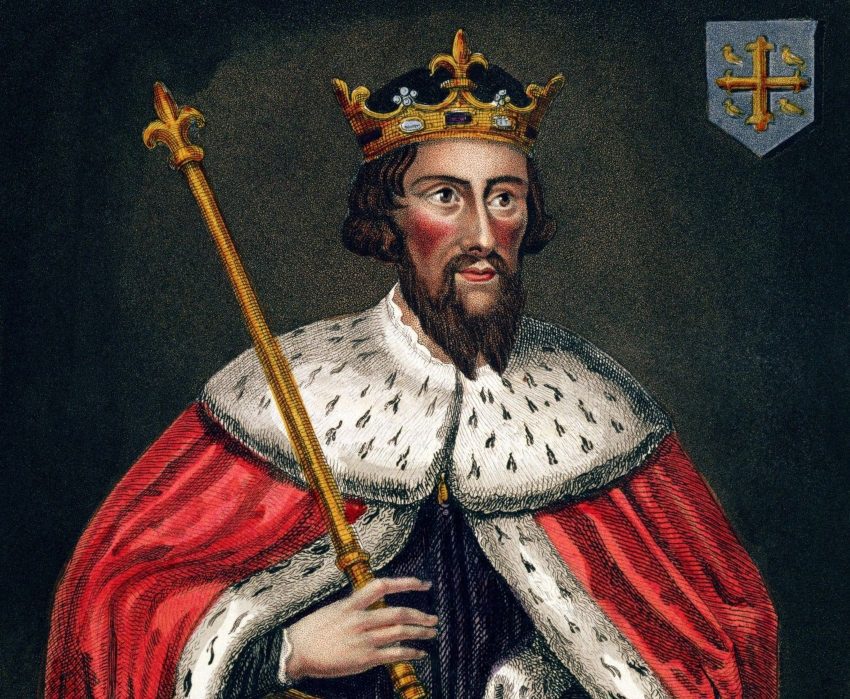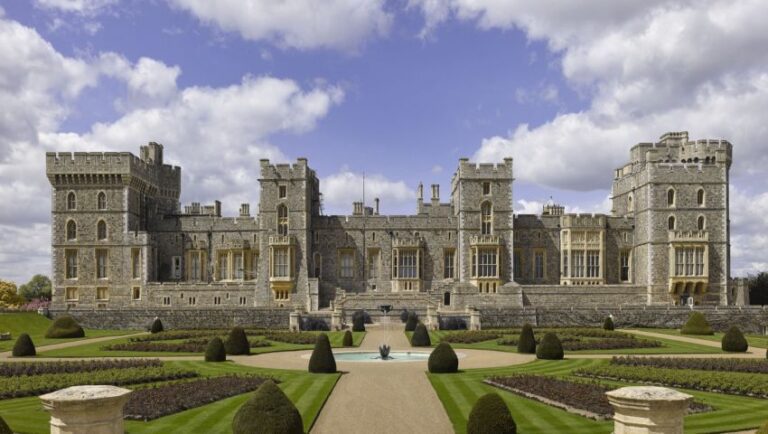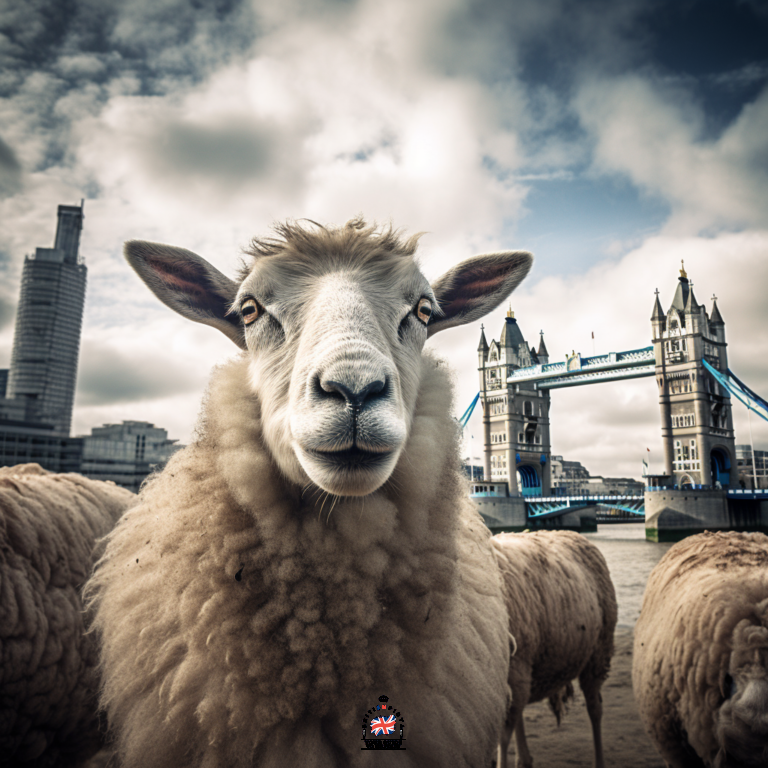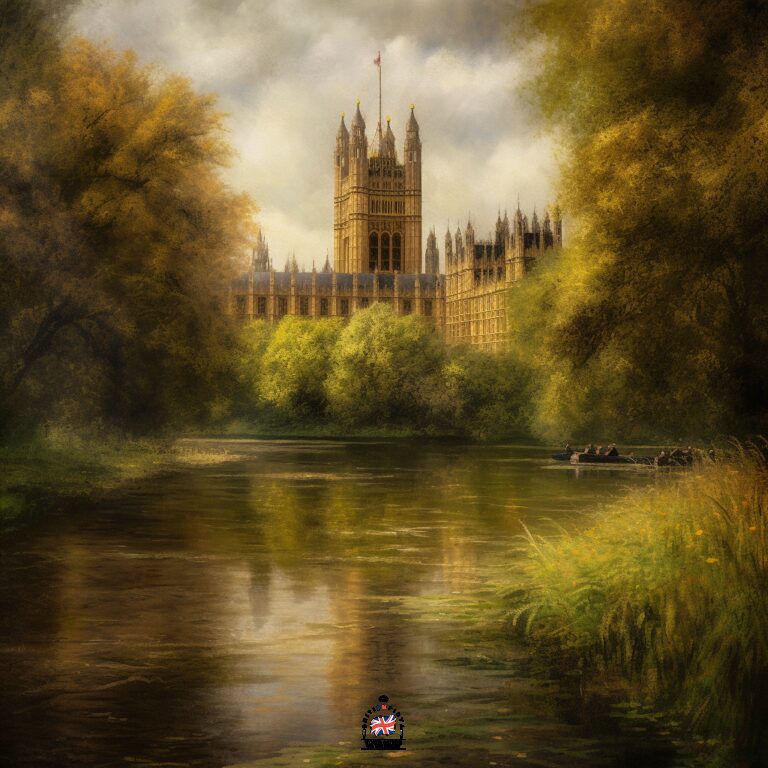The Royal Family of the UK…Your Full Guide 2023
The Royal Family of the UK is among the important topics that people in the world talk everyday and also stands for a very important symbol for the people of the UK
In the Royal Family of the UK article here, we have made comprehensive yet brief information about The UK’s Royal Family.

About The Royal Family of the UK
The Royal Family of the United Kingdom is the oldest and most well-known monarchy in the world. The current reigning monarch is is King Charles III, who ascended the throne on 8 September 2022, upon the death of his mother, Queen Elizabeth II, who has been on the throne since 1952.
The history of the UK’s Royal Family can be traced back to the reign of King Alfred the Great in the 9th century. Over the centuries, the monarchy has evolved and adapted to changing political and social conditions, but it has always remained a central institution in the UK.
The UK’s Royal Family is a constitutional monarchy, which means that while the monarch holds a ceremonial role, the government is run by elected officials. The monarch is also the head of the Church of England and the Armed Forces and serves as a symbol of national unity.

The History of The UK’s Royal Family
Throughout its history, the royal British family tree, has faced numerous challenges and controversies. In the 17th century, King Charles I was executed by Parliament during the English Civil War, and the monarchy was briefly abolished. It was restored in 1660 under King Charles II, but the power of the monarchy was greatly reduced.
In the 19th and early 20th centuries, the monarchy faced further challenges. Queen Victoria, who reigned from 1837 to 1901, was a popular and influential monarch, but her successor, King Edward VII, was not as well-regarded. During World War I, the monarchy faced criticism for its perceived extravagance and lack of support for the war effort.




